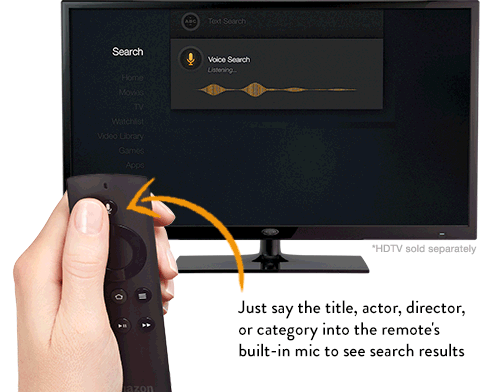I woke up to this post by Chris Dixon in my Tumblr. Chris states:
Apps have a rich-get-richer dynamic that favors the status quo over new innovations.
He’s right about that and he’s right about a bunch of other things in his post as well.
We did a portfolio review at USV yesterday. We spent two hours staring at our portfolios on the big screen in our main conference room. We have three early stage vintages that are fully invested, 2004, 2008, and 2012. We talked about the macro environment during which we invested and developed these three portfolios and there was a palpable sense that the wide open period of innovation during which we invested the 2004 and 2008 funds was not as present in the 2012 fund investment period. We have a bunch of great investments in the 2012 fund, but we took safer bets and the result will likely be more wins and less strikeouts but also less home runs. Did we change our appetite for risk in our most recent early stage fund? It wasn’t conscious. We didn’t change our investment strategy. We didn’t tell each other that we wanted to take less risk. But it sure feels like we did.
My partner Brad hypothesized that it had something with the rise of native mobile apps as the dominant go to market strategy for large networks in the past four to five years. So Brian pulled out his iPhone and I pulled out my Android and we took at trip through the top 200 apps on our respective app stores. And there were mighty few venture backed businesses that were started in the past three years on those lists. It has gotten harder, not easier, to innovate on the Internet with the smartphone emerging as the platform of choice vs the desktop browser.
Chris mentions something else in his post that, to me, is a big bright spot on the horizon:
Most worrisome: they reject entire classes of apps without stated reasons or allowing for recourse (e.g. Apple has rejected all apps related to Bitcoin)
Let’s go back and revisit the big innovations on the commercial Internet over the past twenty years. TCP/IP, HTTP, The Browser, Search, Social, Mobile, Blockchains. Each one of those innovations drove an investment cycle. Our 2004 fund was built during social. Our 2008 fund was built during social and the emergence of mobile. Our 2012 fund was built during the mobile downturn. And our 2014 fund will be built during the blockchain cycle. I am looking forward to it.
My friend Adam tweeted this in the wake of my The Search For The Next Platform post. I don’t know if it was a reaction to it, but that’s how I interpreted it. I agree completely with Adam.
In tech investing, we get booms when a new cycle emerges and downturns as it matures and consolidation of economics happens (think Microsoft in the late 80s/early 90s). The downturn is always followed by something radical and new that starts on the fringe and becomes mainstream. Timing all of these things is hard. But it is what we have to do.
